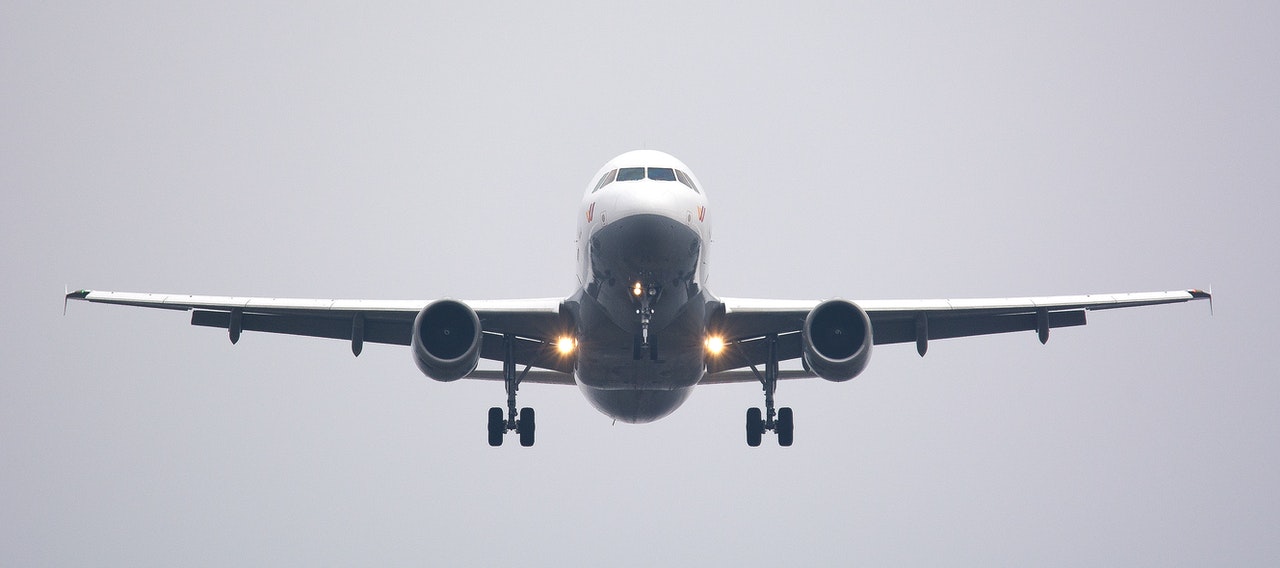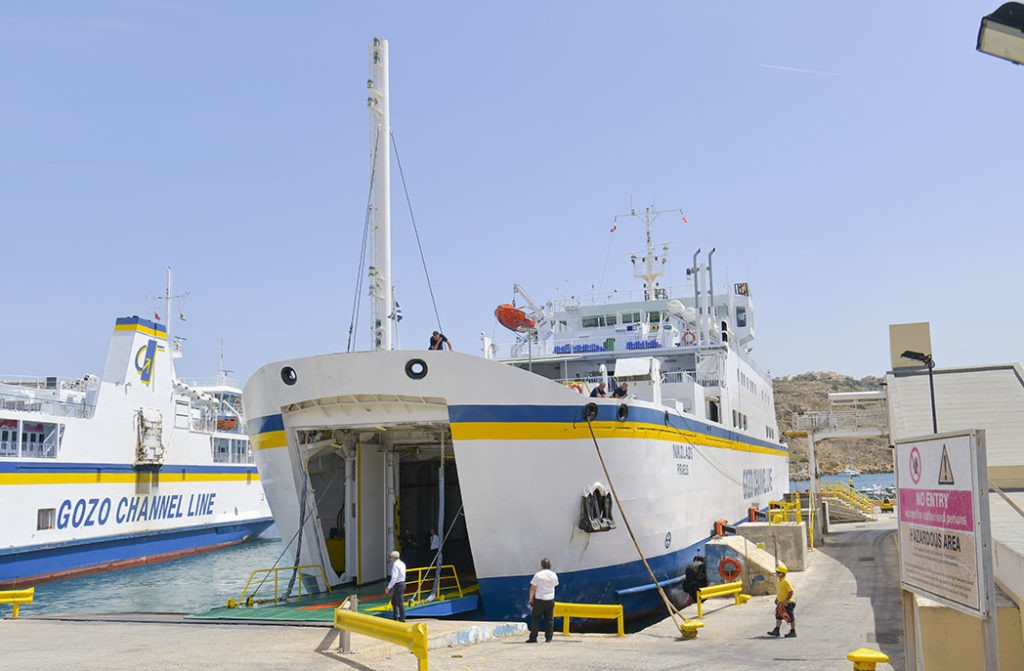The number of aircraft registered in Malta reached 863 as of 1st January 2024, and another four aircraft joined the 9H Register – as Malta’s aircraft registry is known – in the first two weeks of the year.
The data emerges from a reply by new Transport Minister Chris Bonett to a parliamentary question posed by Opposition MP Adrian Delia.
Minister Bonett said that although legislation is a major factor in the sector’s growth, the biggest incentive is the reputation Malta enjoys, while its participation in trade shows like the European Business Aviation Convention and Exhibition (EBACE) serves to further promote the registry.
He added that the total annual spend by the Maltese Government is around €100,000, which largely involves the sponsorship of industry events, as well as advertising.

Further explaining why so many aircraft are registered in Malta, Katrina Abela, founder of the boutique legal firm Vaia Legal, which specialises in the registration of vessels and aircraft, tells BusinessNow.mt that Malta “has a number of benefits which make our jurisdiction increasingly attractive for owners to place their aircraft with a Maltese-registered operator.”
She explains that the legal framework remains the biggest advantage since “the laws relating to aviation are robust and holistic and provide for all international standards and practices in the industry.”
The decision as to the jurisdiction where an aircraft is registered is also influenced by its financiers and banking services providers, which also find Malta to be a favourable one.
Meanwhile, Malta is also a member of the Cape Town Convention, which standardises transactions involving aircraft and creates international standards for the registration of contacts of sale. In both 2022 and 2023, Malta ranked first in Europe and second in the world in the Cape Town Convention Compliance Index, further bolstering its status as a jurisdiction of good repute.
Dr Abela points out that the efficiency of Malta’s Civil Aviation Directorate is another advantage: “While being a rather strict authority when it comes to the implementation of regulations, the directorate genuinely understands the aviation business and strives to assist operators in their commercial operations,” she says.
“Having the English language as one of our official languages is also a big plus which facilitates transactions for client and minimises costs. Malta also offers a number of favourable tax regimes for both companies and individuals who choose to move their business or re-locate to Malta.”
Asked about the actions Malta has taken to retain its competitive edge and remain ahead of the curve in the aircraft registration sector, Dr Abela notes that the Maltese aviation legal framework is “continuously developing and being strengthened and updated.”
She points to the revision of the Aircraft Registration Act in 2021, and the introduction of the long-awaited consolidated Air Navigation Act which came into force on 1st January 2024: “Both amendments to the law help maintain comprehensive legislative framework in place to support the growing aviation sector which has led directly to Malta’s success.”
As to whether the aviation sector faces a similar risk as the shipping industry from the European Union’s Emissions Trading Scheme (ETS), Dr Abela explains that the two industries “differ on this matter”.
She says: “With aircraft that intend to navigate inside the EU – that is, having flights which start in an airport within the EU and end in another EU airport – that aircraft must be licensed to operate by a jurisdiction which adheres to the European Union Aviation Safety Agency. Therefore, all registries in the European Union and all flights taking place within the EU must adhere to the new ETS regime.”
Passenger traffic between Malta and Gozo grew by nearly 8% in Q2 2025
Vehicle crossings and fast ferry usage also surged
New Malta-backed incubator to fuel Europe’s semiconductor startups
The ChipStart EU program provides a one-year, no-cost incubation opportunity for semiconductor startups in the European Economic Area
Government renews scholarship scheme for tech postgrads
In 2024 the Pathfinder Digital Scholarship issued €125,000 in funding, supporting 13 Master’s and 3 PhD students






